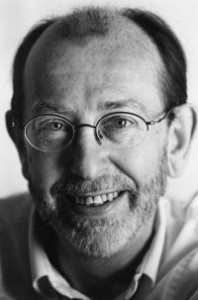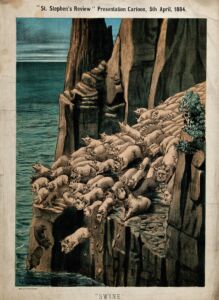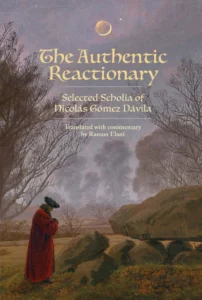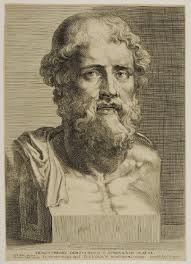English original here
Následující text je překladem přednášky F. Roger Devlina z jarního setkání Counter-Currents 2023
Termín populismus se v Americe hojně rozšířil od vzestupu Donalda Trumpa, v Evropě pak ještě o něco dříve, jako negativně zabarvené zastřešující označení protiimigračních protestních stran. Po všelidovém hlasování o Brexitu a zvolení Trumpa prezidentem se v anglicky hovořícím světě vyrojily knihy o populismu jako houby po dešti. Vsadil bych si, že za mnoha z nich stojí zadání vypočítavých vydavatelů, kteří doufali ve snadný zisk z náhle módní materie. (more…)












